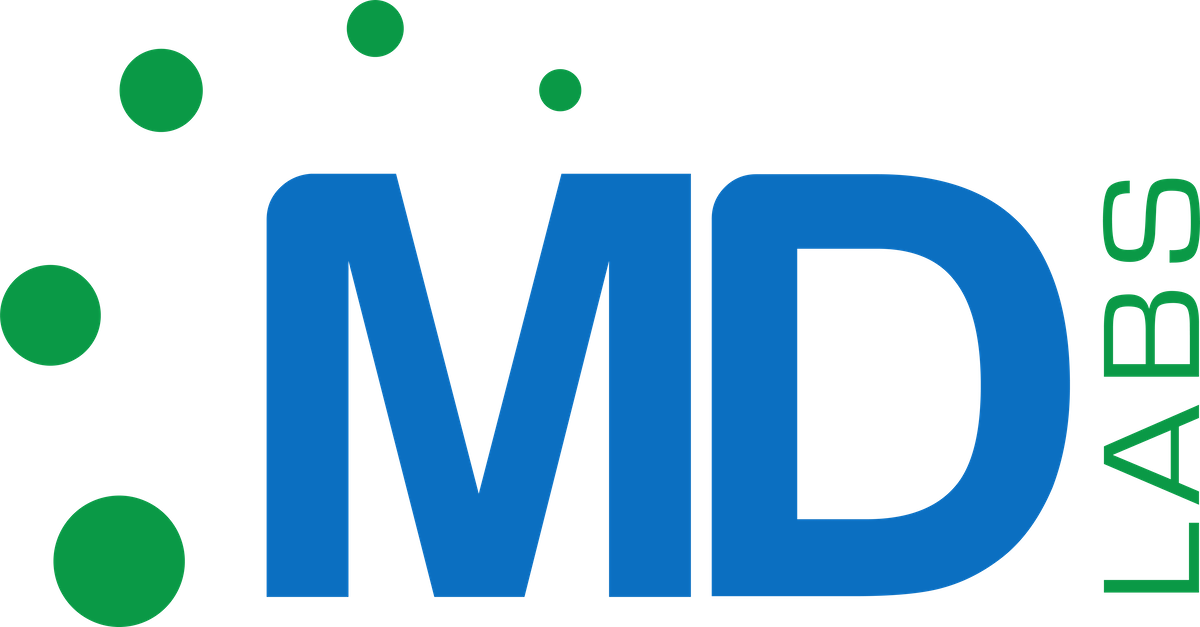Unraveling Our Toxicology Menu: Natural & Semi-Synthetic Opioids
The opioid crisis continues to pose significant public health challenges, with a rise in both prescription opioid misuse and the use of illicit opioids. At MD Labs, our commitment to comprehensive patient care and safety extends to offering an expansive toxicology menu that includes testing for natural and semi-synthetic opioids. This blog will provide insights into the world of opioid testing at MD Labs.
Understanding Natural and Semi-Synthetic Opioids
Natural opioids are alkaloids that are derived directly from the resin of the opium poppy, such as morphine and codeine. Semi-synthetic opioids, including oxycodone, hydrocodone, and hydromorphone, are created in labs from natural opioids. Both types are widely used in clinical settings for their effective pain-relieving properties. However, they also carry a risk of misuse, addiction, and potentially fatal overdose (1).
The Importance of Opioid Testing
To manage the risks associated with opioid use, regular monitoring through comprehensive drug testing is vital. Testing helps healthcare providers to verify adherence to prescribed medication regimens, identify potential misuse or diversion, and detect the use of non-prescribed or illicit substances. This not only contributes to patient safety but also supports improved clinical outcomes and recovery pathways (2).
Decoding the MD Labs' Approach to Opioid Testing
MD Labs employs sophisticated technology like Liquid Chromatography-Tandem Mass Spectrometry (LC-MS/MS) for opioid testing. This ensures high sensitivity and specificity, enabling the detection of a broad range of natural and semi-synthetic opioids and their metabolites, even at low concentrations (3).
Our testing panels are designed to accommodate the diverse needs of clinicians, covering a broad spectrum of opioids, including codeine, morphine, oxycodone, and hydrocodone, among others. These comprehensive panels allow for accurate and detailed insights, fostering optimal patient management and safety (4).
Beyond Testing: A Commitment to Excellence in Patient Care
At MD Labs, our commitment to patient care goes beyond providing comprehensive and accurate test results. We strive to foster collaborative partnerships with healthcare providers, offering consultation and educational resources that support informed decision-making and best practice opioid management.
In conclusion, our expansive toxicology menu, including testing for natural and semi-synthetic opioids, reflects MD Labs' ongoing commitment to patient safety and effective treatment management. By providing robust, reliable, and comprehensive testing services, we aim to play our part in addressing the opioid crisis and fostering healthier communities.
References:
National Institute on Drug Abuse. (2021). Prescription Opioids DrugFacts. Retrieved from https://www.drugabuse.gov/publications/drugfacts/prescription-opioids
Jarzyna, D., Jungquist, C.R., Pasero, C., Willens, J.S., Nisbet, A., Oakes, L., Dempsey, S.J., Santangelo, D., & Polomano, R.C. (2011). American Society for Pain Management Nursing guidelines on monitoring for opioid-induced sedation and respiratory depression. Pain Management Nursing, 12(3), 118-145.e10. https://doi.org/10.1016/j.pmn.2011.06.008
Reisfield, G.M., & Wilson, G.R. (2007). Rational use and interpretation of urine drug testing in chronic opioid therapy. Annals of Clinical & Laboratory Science, 37(4), 301-314.
Peppin, J.F., Passik, S.D., Couto, J.E., Fine, P.G., Christo, P.J., Argoff, C., Aronoff, G.M., Bennett, D.B., Cheatle, M.D., Slevin, K.A., & Webster, L.R. (2012). Recommendations for urine drug monitoring as a component of opioid therapy in the treatment of chronic pain. Pain Medicine, 13(7), 886-896. https://doi.org/10.1111/j.1526-4637.2012.01414.x
